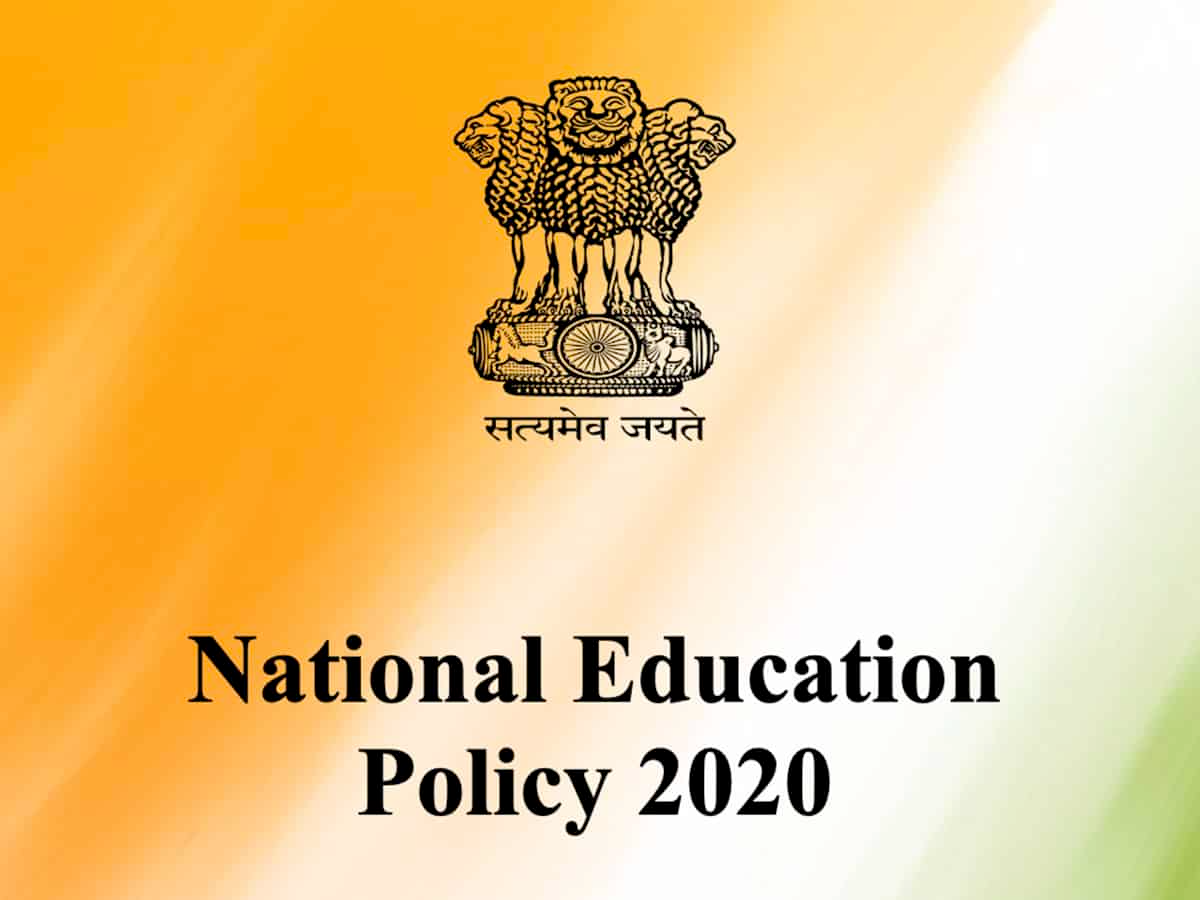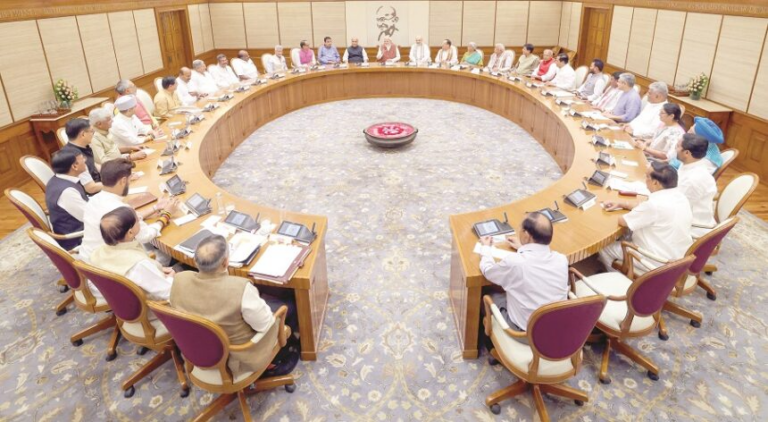
Abhyspeeth Desk
New Delhi: In a landmark judgment reinforcing the spirit of federalism, the Supreme Court of India has ruled that states cannot be compelled to implement the National Education Policy (NEP) 2020. The verdict comes in response to petitions questioning the mandatory imposition of the NEP by the central government on states like Tamil Nadu, Kerala, and West Bengal, which had expressed strong reservations about certain provisions of the policy.
The apex court clarified that education falls under the Concurrent List of the Constitution, and while the Centre can make broad policies, implementation is subject to the autonomy of individual states. The bench noted that forcing states to adopt a central policy would violate the federal structure enshrined in the Constitution.
The court’s decision is significant, especially as debates around the NEP’s language policy, common entrance tests, and curriculum changes continue to generate political and academic discussions across the country.
This ruling empowers states to chart their own path in education policy, aligning with local needs and priorities, without being bound by uniform mandates. It also sets a precedent for the limits of central intervention in matters where states have constitutional authority.
Stay updated with Abhyspeeth for more detailed insights into education policy, legal developments, and their impact on students, teachers, and institutions across India.






